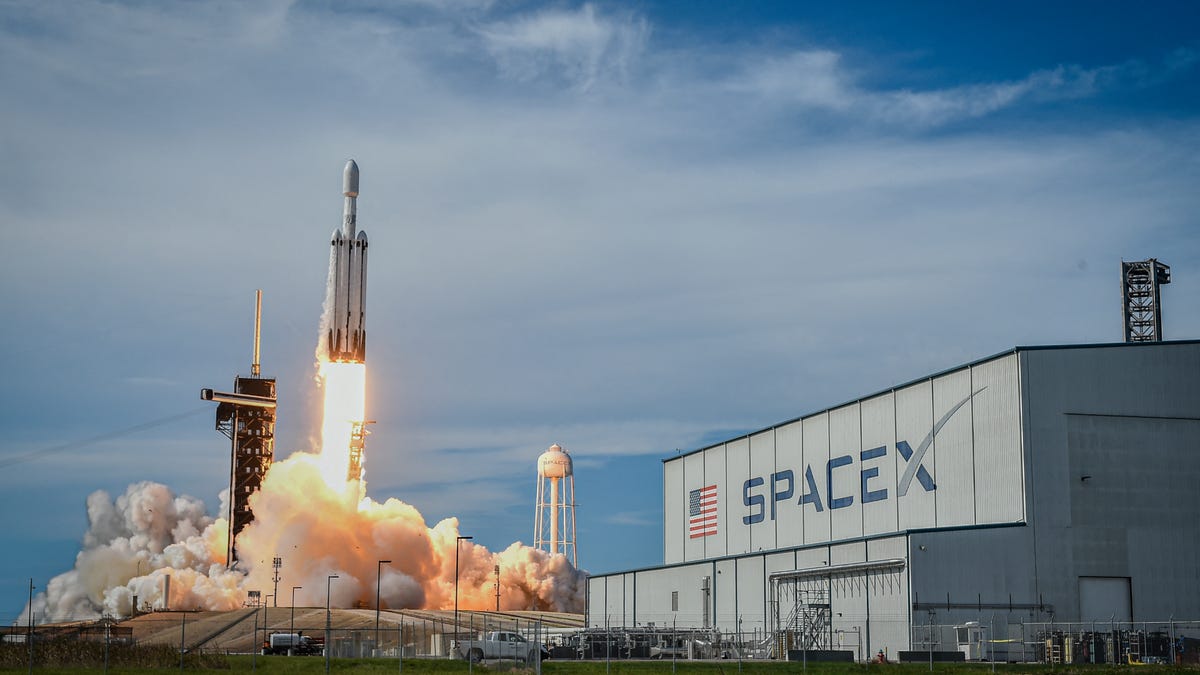The space economy is expanding at an unprecedented rate, with private companies taking center stage in a once government-dominated arena. Among these companies, SpaceX has emerged as a trailblazer, pushing the boundaries of innovation and efficiency in space travel and exploration. Meanwhile, Boeing, a long-standing giant in aerospace, faces significant challenges that threaten its legacy and market position. This article examines how SpaceX is shaping the future of the space economy and the hurdles that Boeing must overcome to remain relevant in this rapidly evolving sector.
Understanding the Space Economy
The term “space economy” encompasses all economic activities related to the exploration, use, and commercialization of outer space. This includes satellite communications, space tourism, research and development, and even resource extraction from celestial bodies. As technology advances and costs decrease, the barriers to entry for new players in the space sector have lowered, leading to a surge of interest and investment.
- Market Growth: According to recent estimates, the global space economy is projected to be worth over $1 trillion by 2040, driven by advancements in satellite technology, commercial spaceflight, and exploration missions.
- Investment Surge: In 2021 alone, venture capital investment in space startups reached over $20 billion, highlighting the growing confidence in the commercial viability of space activities.
SpaceX: Pioneering the New Space Frontier
Founded in 2002 by Elon Musk, SpaceX has revolutionized the space industry with its ambitious goals and innovative technologies. The company’s flagship projects, such as the Falcon 9 rocket and the Starship spacecraft, have demonstrated remarkable success in reducing launch costs and increasing reliability. Here’s how SpaceX is leading the charge:
Cost Efficiency and Innovation
One of the key factors behind SpaceX’s success is its focus on cost efficiency. The company has developed reusable rocket technology, allowing it to significantly reduce the cost of space launches. This innovation not only makes space more accessible but also enhances the profitability of space missions.
- Reusable Rockets: The Falcon 9’s first stage can be recovered and reused multiple times, cutting launch costs by as much as 30%.
- Streamlined Operations: SpaceX’s production capabilities and supply chain management enable rapid turnaround times for rockets, allowing for more frequent launches.
Expanding Horizons: From Satellites to Mars
SpaceX is not just about launching satellites. The company is ambitiously pursuing missions to Mars, with plans to establish a human settlement on the Red Planet. The Starship spacecraft, currently in development, is designed to carry large payloads and crew to destinations beyond Earth, paving the way for deep space exploration.
Commercial Partnerships and Government Contracts
SpaceX has built a diverse portfolio of commercial partnerships and government contracts, further solidifying its position in the space economy. The company has launched numerous satellites for clients ranging from telecommunications companies to government agencies.
- NASA Collaboration: SpaceX’s Crew Dragon spacecraft has successfully transported astronauts to the International Space Station (ISS) as part of NASA’s Commercial Crew Program.
- Starlink Initiative: The company’s Starlink project aims to create a constellation of satellites to provide global internet coverage, potentially generating billions in revenue.
Boeing: A Legacy in Jeopardy
While SpaceX surges ahead, Boeing, with over a century of aerospace experience, faces mounting challenges. The company has historically been a key player in the aerospace sector, but its recent struggles have raised questions about its future in the space economy.
Technical Challenges and Setbacks
Boeing has encountered several technical difficulties, particularly with its CST-100 Starliner spacecraft, which was designed to transport astronauts to the ISS. Following a series of delays and safety concerns, the Starliner has yet to complete a crewed mission, contrasting sharply with SpaceX’s rapid progress.
- Software Issues: The Starliner faced significant software malfunctions during its uncrewed test flight, prompting a comprehensive review and further delays.
- Competitive Pressure: As SpaceX continues to innovate and successfully execute missions, Boeing finds itself under immense pressure to catch up.
Financial Implications
The challenges facing Boeing have not only affected its reputation but also its financial standing. The company has reported losses in its space segment, which could have long-term implications for its investment in future space projects.
- Market Share Decline: Boeing’s struggles have allowed SpaceX to capture a significant share of the commercial launch market, which may hinder Boeing’s ability to secure future contracts.
- Investor Confidence: As Boeing continues to face setbacks, investor confidence has waned, raising concerns about the company’s long-term viability in the space sector.
The Future of Space Exploration
The future of the space economy is undoubtedly bright, with both private and public entities working towards ambitious goals. SpaceX’s leadership in this arena has set a high standard, while Boeing must navigate its challenges to redefine its role in this evolving landscape.
Potential for Collaboration
Despite the competitive rivalry, there remains potential for collaboration between SpaceX and Boeing. Both companies bring unique strengths to the table, and partnerships could facilitate advancements in technology and exploration.
Conclusion: A New Era for Space
The space economy is transforming, and as it does, the dynamics between established players like Boeing and innovative disruptors like SpaceX will continue to evolve. While SpaceX is poised to lead the charge, Boeing must adapt to the changing landscape to maintain its relevance. The next decade promises to be an exciting era for space exploration, filled with opportunities and challenges that will shape the future of humanity’s presence beyond Earth.
As we embark on this journey into the cosmos, one thing is clear: the competition between SpaceX and Boeing will be pivotal in determining the trajectory of the space economy and our collective aspirations to explore the final frontier.
See more Business Focus Insider Team

